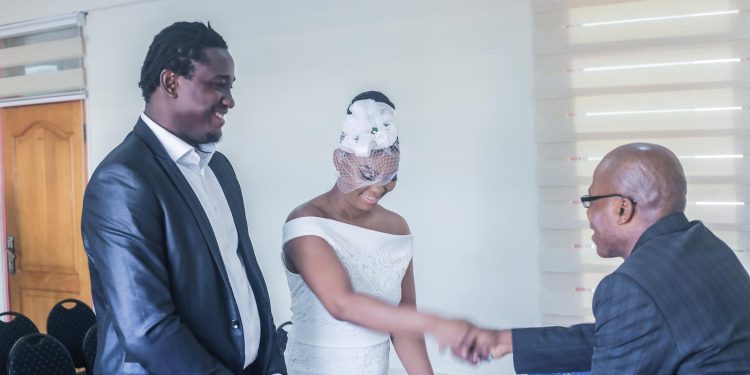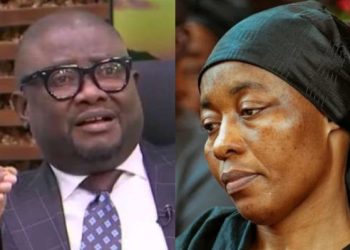Court marriage in Ghana, also known as ordinance marriage, is a legally recognised union governed by Ghana’s Marriage Ordinance. It provides couples with legal protection, formal recognition, and the benefits of a registered union.
While many appreciate its structure and legal clarity, court marriage also comes with some drawbacks, especially in the Ghanaian cultural and social context.
Court marriage in Ghana offers structure, legal protection, and national recognition—but it’s not without its limitations.
From cultural resistance and family friction to incompatibility with polygamy and religious customs, many Ghanaians find that court marriage alone doesn’t meet all their marital expectations.
For this reason, many couples opt for a combination of traditional, religious, and court marriages to satisfy all legal, spiritual, and cultural requirements.
Ultimately, the best type of marriage depends on personal values, family expectations, and long-term goals.
Here are some of the main disadvantages of court marriage in Ghana:
1. Cultural disconnect and family disapproval
One of the most significant drawbacks of court marriage in Ghana is the lack of cultural involvement. Traditional marriages involve family, extended relatives, and culturally symbolic rites like the payment of the bride price or dowry. A court marriage, on its own, may be seen as:
Disrespecting traditions or sidestepping family protocols.
Isolating family elders, who expect to play a role in marriage ceremonies.
Less of a “real” marriage in the eyes of traditionalists or certain communities.
This can create tensions between couples and their families, especially when a court marriage is done without a preceding traditional marriage.
2. Perceived as “western” or foreign
Some people view court marriage as a Western import that doesn’t align with African values. While it provides legal structure, it may lack the communal celebration and spiritual dimensions of a traditional or religious marriage. This perception can:
Lead to societal judgment or gossip.
Undermine the perceived legitimacy of the marriage in certain social or religious circles.
3. Complications with polygamy laws
Under Ghanaian law, marriage is strictly monogamous. Once you register under the ordinance, you cannot legally marry another person while that marriage is still valid. This becomes a disadvantage for:
People from cultures or religions that accept or encourage polygamous marriages (e.g., some Islamic or traditional groups).
Men who later want to take a second wife—this is illegal under court marriage and can lead to prosecution or annulment.
4. More bureaucratic and costly than traditional marriage
While not extremely expensive, marriage involves:
Paperwork and legal procedures (including affidavits, bans, and registry fees).
Travel to the court or registrar’s offices for filing and witnessing.
Potential delays due to public holidays, administrative backlog, or errors.
For some couples, this makes the process feel formal and impersonal compared to a lively, community-centred traditional wedding.
5. Limited religious significance
Unless combined with a church or mosque ceremony, it often lacks spiritual depth for couples who are religious. Many Ghanaians value the blessings of religious leaders and the sacredness of vows taken before God. For these individuals:
A court-only marriage may feel incomplete or unblessed.
Some churches may even refuse to recognise court-only marriages unless followed by a religious ceremony.













